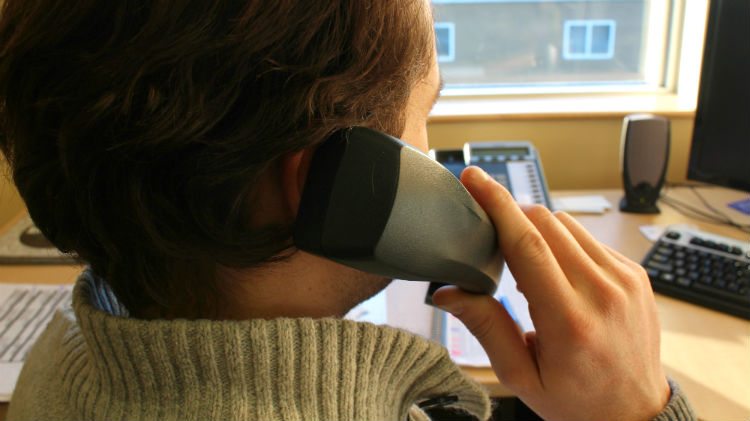The results of a new study suggest “widespread” mental health concerns are present among people living in the territories with difficulties accessing services more common among some demographs, including 2SLGBTQIA+ and Indigenous people. The results were drawn from a survey that gathered feedback from Northerners about their experiences with health-related services.
The survey findings showed both strengths and gaps in the mental health, substance use, health and addictions recovery system in the N.W.T.
“While many respondents reported positive experiences and outcomes, the overall picture reflects a sample population with lower self-rated mental health than the general NWT population among equity deserving groups, particularly younger people,” said the researchers behind the report.
Researchers noted that when it came to awareness, accessibility, satisfaction and outcomes, respondents from key demographs reported facing larger barriers and also reported less positive experiences.
“These included men, First Nations and other Indigenous respondents, 2SLGBTQIA+ individuals,
people with lower income or education, younger people, and those living in small communities,” said researchers.
Over 650 participants took part in the survey between January and April 2024.
The study looked at patterns in awareness, access, satisfaction, and outcomes across Mental Wellness and Addictions Recovery services as reported by program and demographic groups. The study focused on community counselling, facility-based addictions treatment, helplines, e-mental health supports along with the accessibility of healthcare services, peer support groups, community-based supports, addictions aftercare supports, and medical withdrawal management.
The survey found that mental health concerns are widespread across N.W.T. Less than 25 per cent of respondents indicated that their mental health was “excellent” or “very good.
Mental health concerns were widespread among the people who responded. Only 24 percent of survey respondents rated their mental health as “Excellent” or “Very Good.” The results of the study showed that accessing programs and services remains a barrier for many people in the territories. Almost half of the respondents indicated they encountered difficulties accessing programs and services. According to the survey results 2SLGBTQIA+ individuals, Indigenous respondents, people living in small communities, and those facing financial hardship were more likely to experience obstacles in accessing services and programs.
The findings suggest a need for more “inclusive, culturally safe, and targeted” strategies for
mental wellness and addiction recovery supports.
“Prioritizing the needs and voices of these groups in program design, outreach, and service delivery will be essential to improving equity and ensuring that supports are accessible and effective for all,” said researchers.
The results also showed that people who were able to access services felt “respected and supported.” Satisfaction rates were 84 per cent for the community counselling program and 82 per cent for facility-based addictions treatments.
GNWT said the findings will be used to guide the planning and design of programs and services.
True North FM reached out to GNWT’s Health and Social Services department for more information and insights about the results of the study and will post those updates once they become available.
The report is titled Mental Wellness and Addiction Recovery and can be accessed at GNWT’s Mental Health and Wellness site





